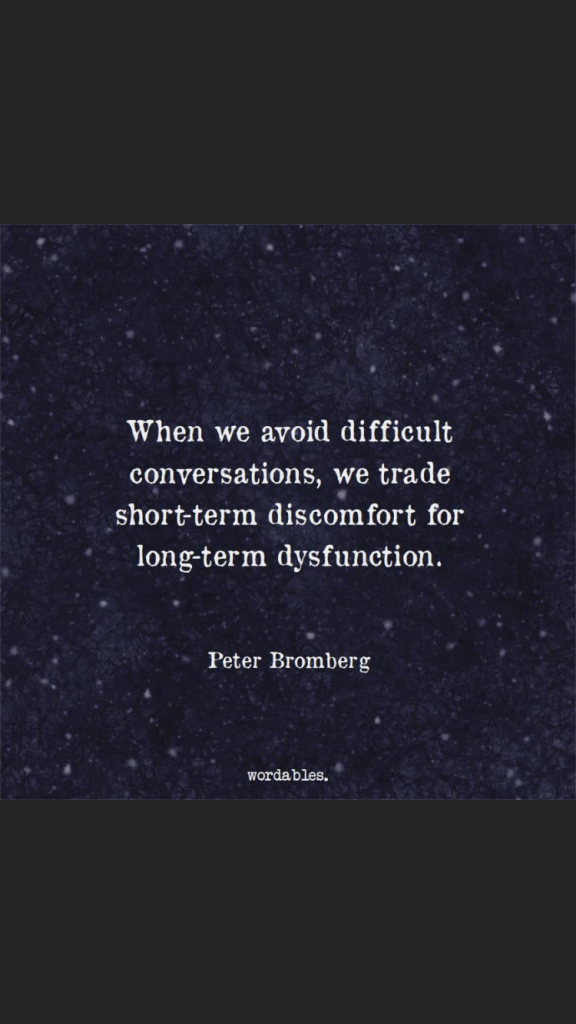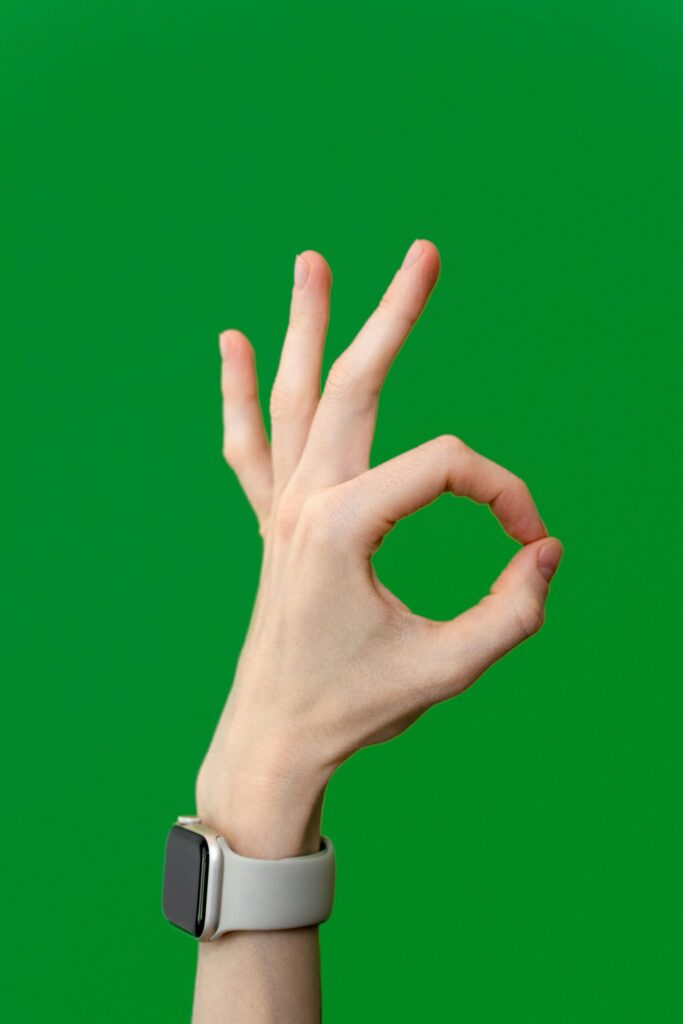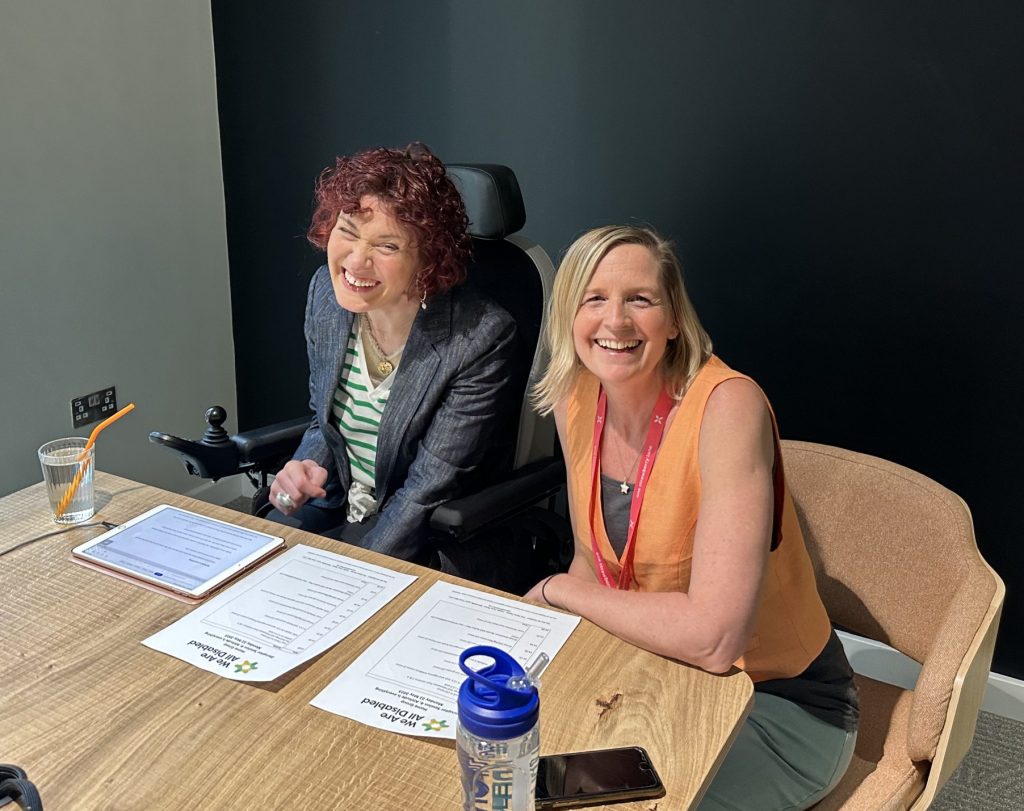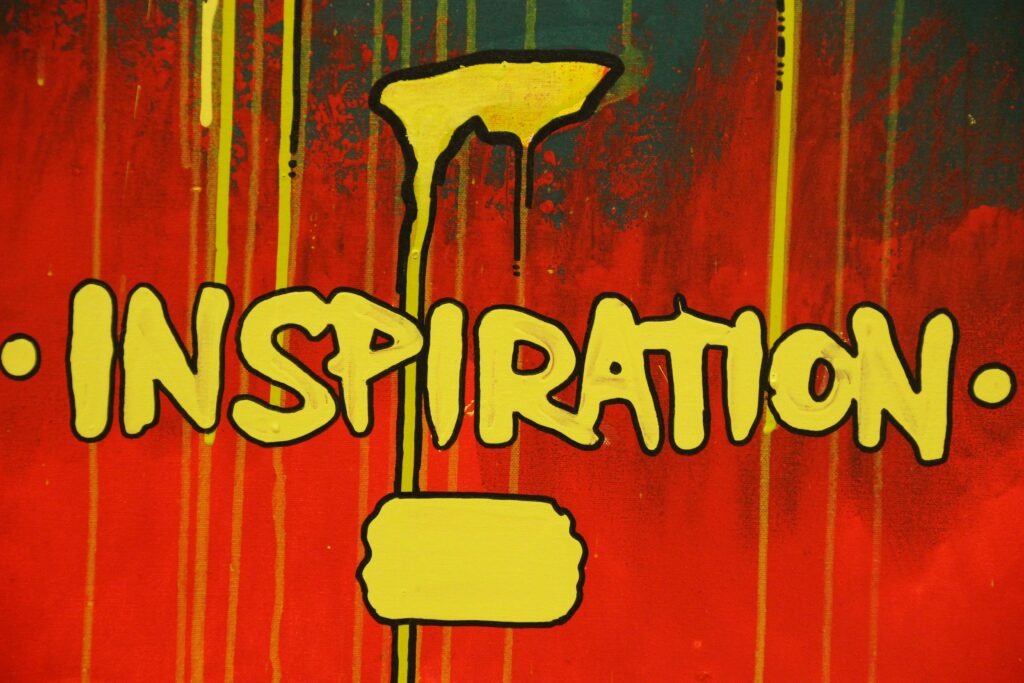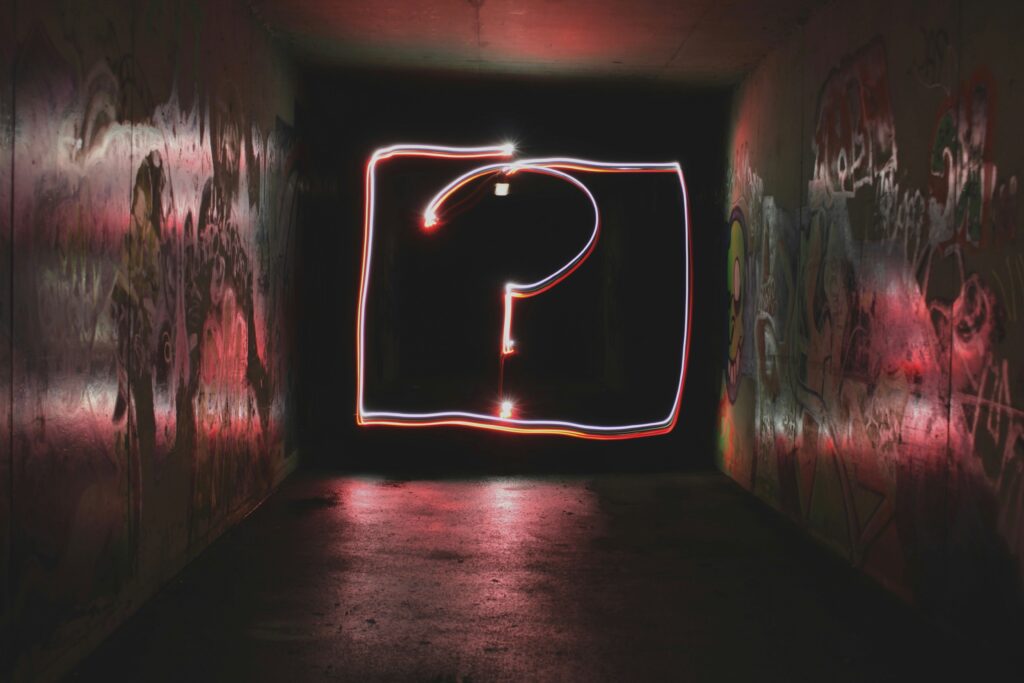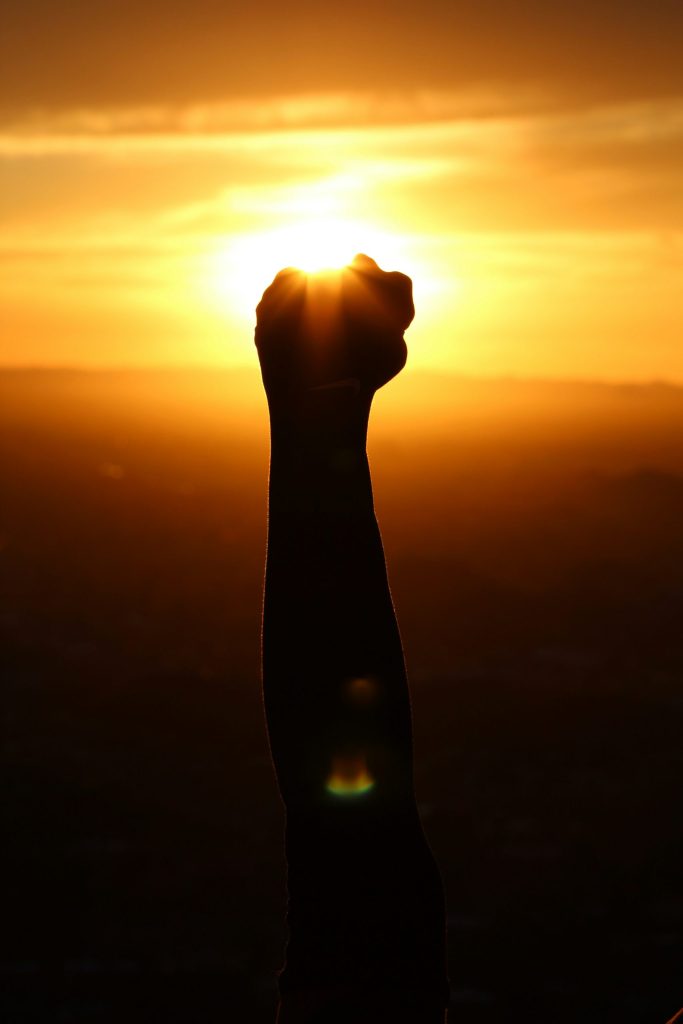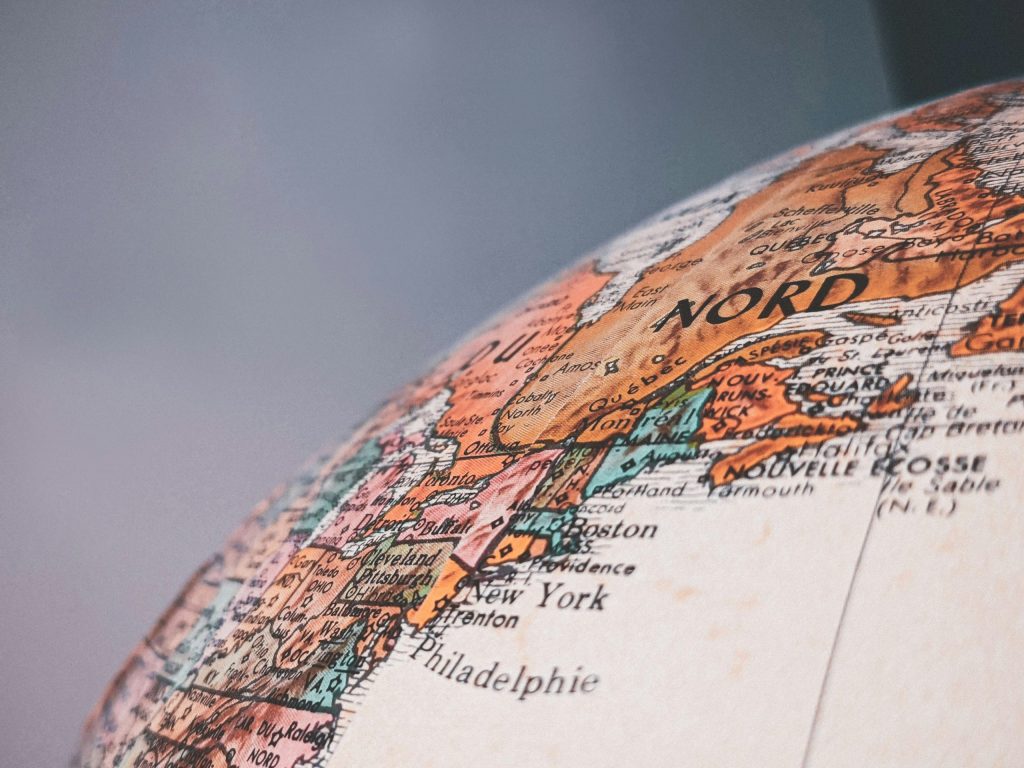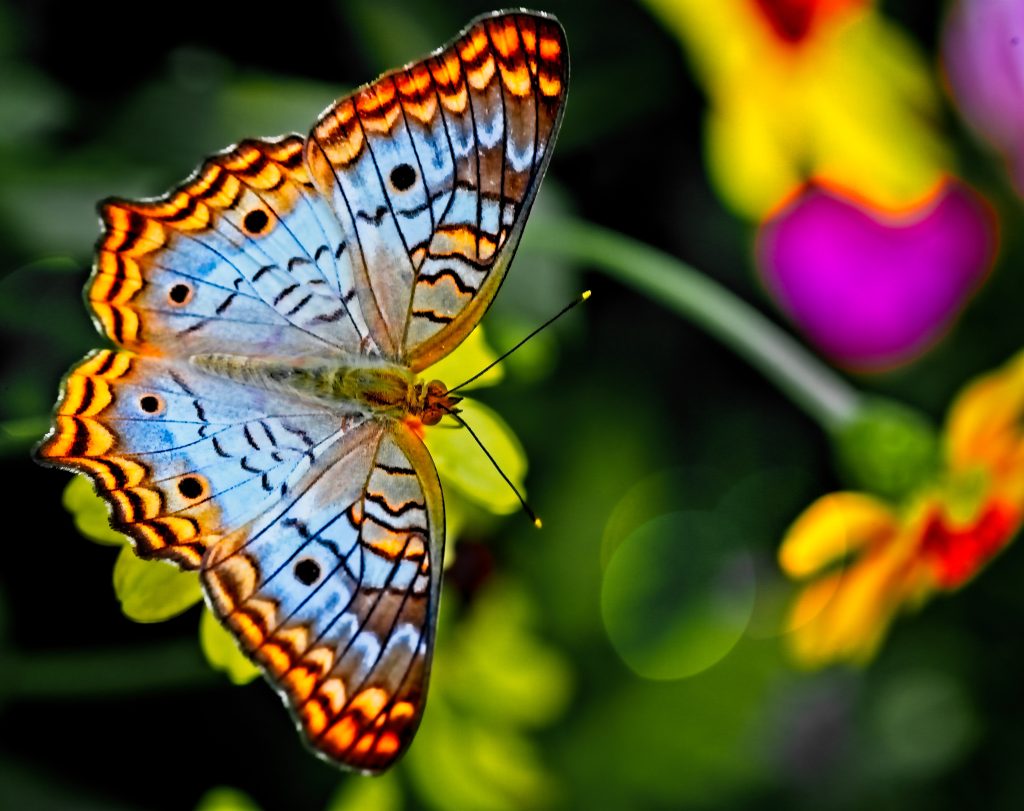International Day for Disabled People happens annually on the 1st December. This year’s theme is ‘Fighting for Rights in a Post Covid Era’.
I would argue that we not are living in a post Covid era. With the emergence of the new Omicron Covid variant and further restrictions put into place, it very much feels like we are living with Covid 19. And for me, I think the time has come to look beyond fighting for our rights as disabled people. Instead of fighting, how about we open up conversations around disability to create more empathy and understanding for disabled people?
Of course this is not to underestimate the impact of the disability rights movement and the crucial steps it has made towards equality in terms of the social model of disability. The removal of social barriers and widespread promotion of inclusion have been vitally important for disabled people.
However, I also believe that the shocking impact of the Covid Pandemic on disabled people means there is still a long way to go in terms of disabled people experiencing full inclusion and equality in society.
It’s a fact that impairments can cause barriers and that it’s important to address these issues. However, I believe that it is actually perceptions which cause the biggest barriers to effective inclusion. This is when implicit biases cause a person’s disability to be more noticeable to someone than the person themselves. Or when someone feels like their disability will prevent them from being listened to or understood.
Therefore, I feel that it is now more important than ever before is to create a safe and supportive space to have open and honest conversation to explore challenge and change perceptions of disability.
In terms of status in our society I would be considered a successful person; I am well educated; I have a PhD and I own and run my own business. I am also an employer of PA’s and co-ordinate my own 24 hour support, which entails significant responsibility and complexity.
Yet despite this, I am aware that many people’s perceptions of me alter when they meet me – seeing me as ‘a disabled person’ rather than just ‘a person’ – which then impacts on how they interact and communicate with me.
For example, when I went for my Covid booster last week I found myself in an uncomfortable situation. I was sitting waiting for the vaccine to be put into my arm when another vaccinator said to me, have you a horn on your wheelchair?! I ignored him but he continued to repeat himself and when he wasn’t getting a response he proceeded to ask me how fast my wheelchair went. I bit my tongue at first but I felt that if I’m doing so much work on perceptions of disability I had to say something. So I told him who I am and what I do and that he made me feel very uncomfortable. He apologised and walked away, clearly embarrassed! I’m sure that he didn’t mean to offend me and probably thought that he was being funny. But that is exactly why I believe this is a key area of perception which needs to be explored and challenged.
With this in mind, I strongly believe that through having hard, honest, thought-provoking and meaningful conversations we can help each other to get comfortable with being uncomfortable and inform, educate and inspire people about disability.
By creating a safe and supportive space for open conversations, I aim for people to develop empathy for the lived experience of disabled people and understand the challenges that disabled people face. By really listening I believe will be able to connect with each other at a more authentic level, become less judgemental and develop respect for each other’s unique experiences and points of view.
The ultimate goal of We Are All Disabled is to create a global movement to inspire real and lasting change to the perceptions of the disability. I am absolutely passionate about making this happen and I firmly believe that effective communication is instrumental.
I have spoken at several events recently on the theme of inclusion and found that the Social model of disability is still the focus for many organisations. I was a little concerned that speaking about perceptions and communication may be a bit off the mark. However the amazingly positive response I’ve received has reassured me that We Are All Disabled is both relevant and timely.
I hope that the work I am doing both personally and through We Are All Disabled will promote disability inclusion in society and the workplace, influence governance and public policies and how they impact disabled people. In turn it will normalise disability and inequalities will continue to fade, closing the binary divide.
Although I’m aware that what I am doing is different to the work that has been done so far for the emancipation of disabled people, there is clearly a space and a demand for it and I’m so grateful that everybody who I have spoken to has been so positive and willing to come on board with what I am doing.
It has been an incredible year for We Are All Disabled and for me. I’d like to take this opportunity to thank you all for your support and your encouragement and I’m excited to share our plans for moving forward with even more exciting developments in 2022. Watch this space!
